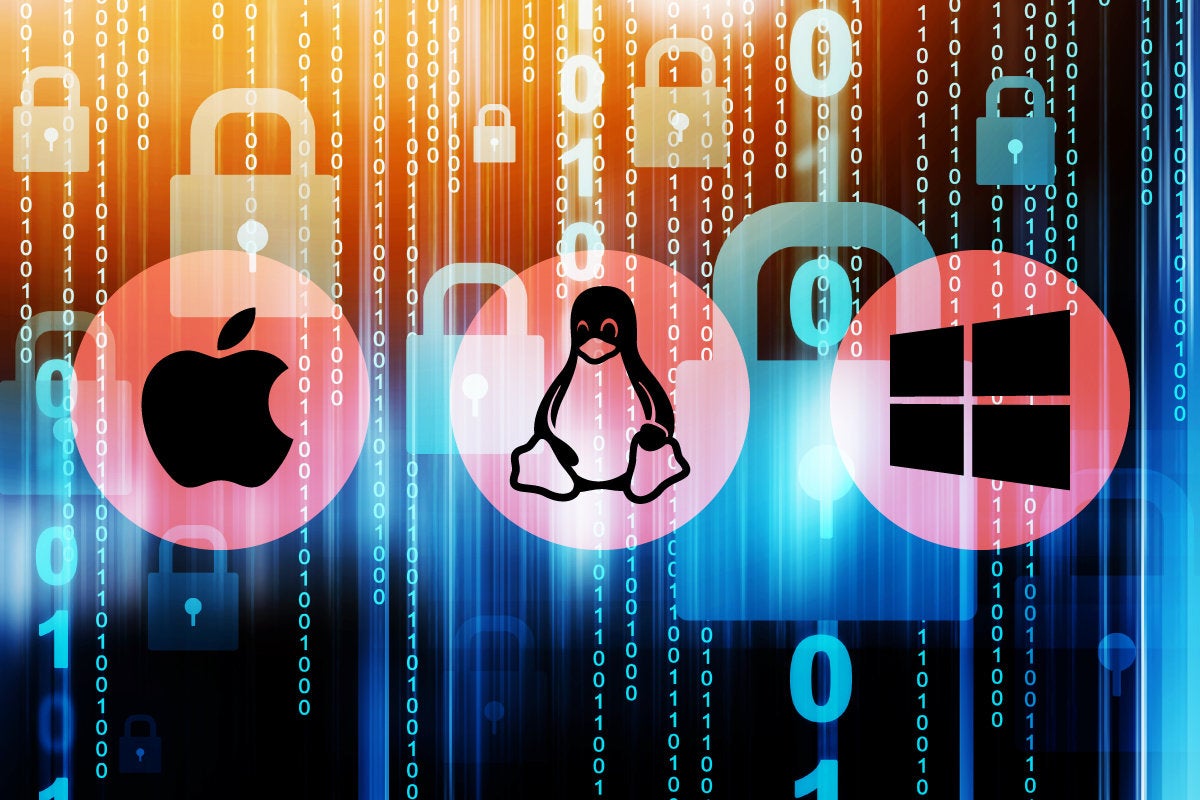🍿
I’m obviously delighted to read an advert promoting Linux over Windows and MacOS from Computerworld, and agree with their reasoning. But I’m also a bit flabbergasted, to be honest!
I wish they had also mentioned all the data mining that we know goes on with Windows, and that we assume goes on with Apple’s OSs too. How those OSs can be considered secure; I don’t know.
I really hope companies, governments and individuals will at least consider deploying a Linux distribution over the next couple of years, rather than retiring their hardware, and signing up to Windows11.
They might have gone with a mentality of “If you don’t have anything nice to say, don’t say it” :p
Ah, the infamous “many eyes argument” :D That may be true for the Linux kernel but not so much for the bottom 99% of packages in the repos… Also a missing bit is that Linux is secure because software running on in is open source and comes from official and moderated repositories.
Once Linux gets popular and commercial developers start pushing flatpacks and what not this will end and Linux distros are way less hardened against insider threat than other OSes are (especially Android). Not to mention people using Linux are more technically inclined than Windows users basically by definition.
On one hand I would like to see grater adoption of Linux, I thing it would be good for everybody in general. But on the other hand I selfishly like the status quo, where criminals have a nice target painted for them and I can stay a safe distance away and enjoy the (shi*)show…
You can use Popularity Contest results in Debian-based distros as a guide for checked packages.
Same on the AUR. Although that’s no guarantee the voters read the PKGBUILD 😁
Debian maintainers use the votes as a base of main package maintenance. Use to be reliable to use software based on that.
Any OS I use is not secure because I am very dangerous
The most secure OS is the OS you understand to properly configure and maintain. If you know how to properly configure and maintain Windows, you can be more secure than a Linux PC that is run without much thought about security.
If the question is which OS comes with the most secure default settings, MacOS surely beats Windows and a security focused and mature Linux distro likely beats them all. However, there are great variances in security based on the distro.
I started to do some security reviews on the most popular Linux distros a couple of days ago - You can read them here: https://decrypt.fail
I doubt that a lot because this argument goes vice versa. You can harden Windows as well as Linux and macOS.
The thing is that most people do not spend hours doing research or harden their OS. This is the main argument when it comes to security, so default settings matter a lot. You cannot expect that average Joe to know what better security settings are, they just have to trust Microsoft and Google.
The underlying point is that Linux has a strong security concept from the begin which makes most malware ineffective. This is proven several times. While on Windows most malware tend to work once Windows Defender is down because this is in most cases users only protection.
As Troy Wilkinson, CEO of Axiom Cyber Solutions, explains, “Windows always comes in last in the security world for a number of reasons, mainly because of the adoption rate of consumers. With a large number of Windows-based personal computers on the market, hackers historically have targeted these systems the most.”
Removed by mod







